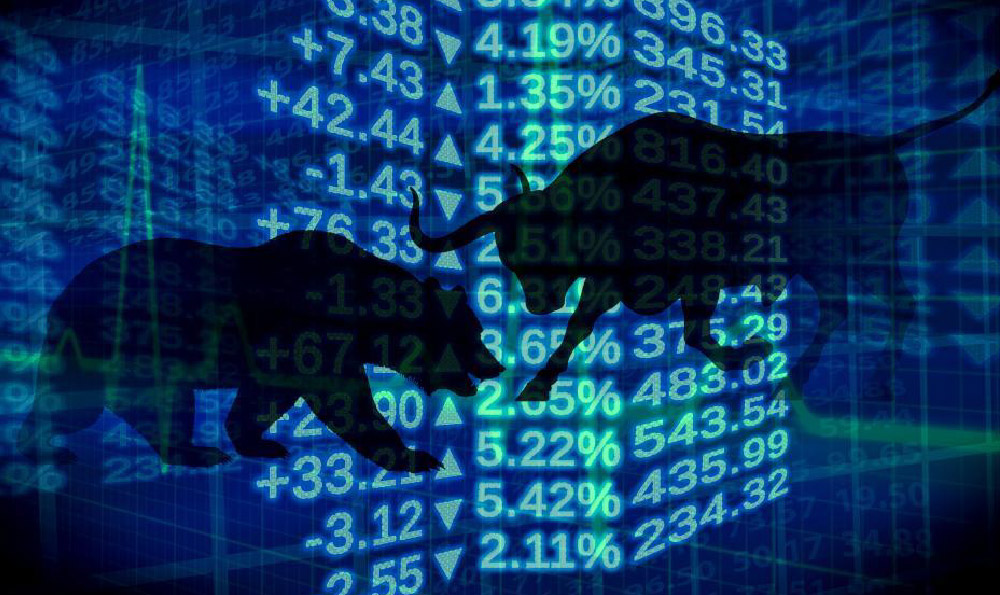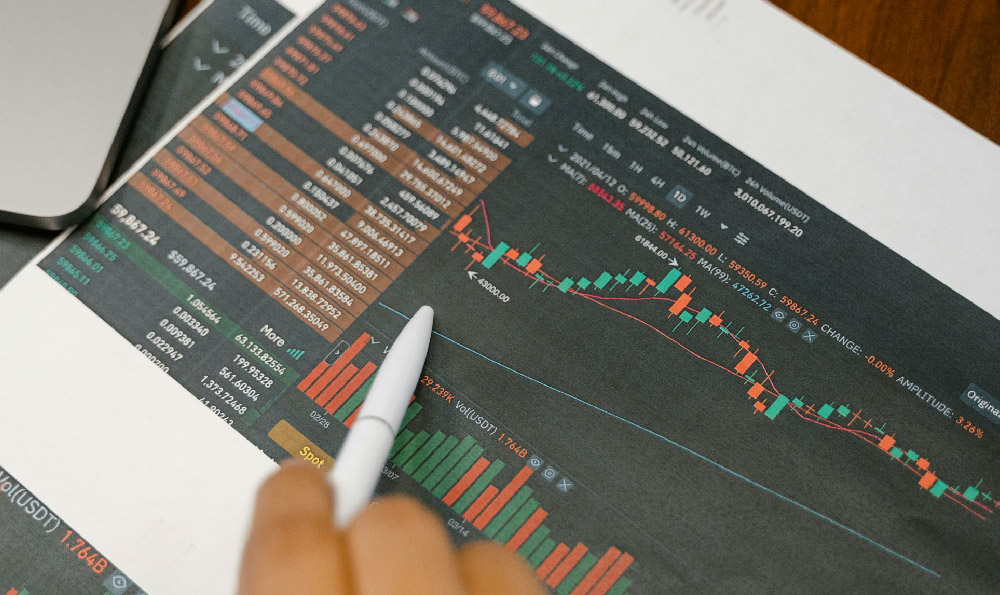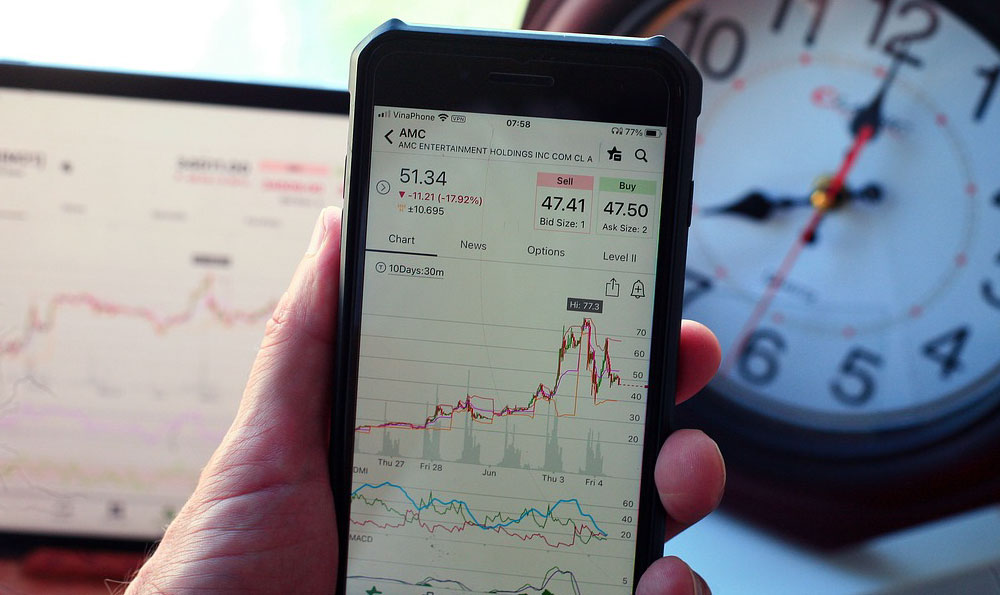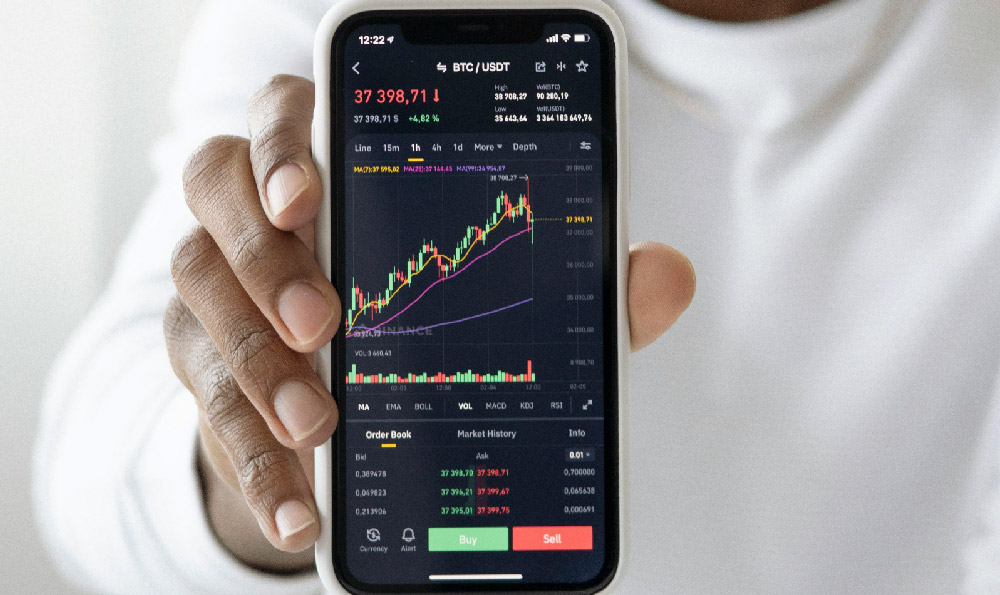Okay, I'm ready. Here's an article addressing the question of how Mark Cuban made his fortune, aiming for a detailed, engaging narrative without excessive bullet points or numbered lists, and in English as requested.
Mark Cuban, a name synonymous with entrepreneurial success, reality television, and outspoken opinions, didn't inherit his billions. His story is one of relentless hustle, a keen eye for emerging technologies, and a willingness to take calculated risks. Understanding the trajectory of his wealth accumulation requires examining several key phases of his career, each building upon the last.
Cuban's journey began far from the glitz and glamour of billionaire status. Even as a young boy in Pittsburgh, he displayed a knack for identifying opportunities and a relentless drive to capitalize on them. He started early, selling garbage bags door-to-door at the age of 12 to afford a pair of expensive sneakers. This initial foray into entrepreneurship wasn’t just about the shoes; it was about recognizing a need and finding a solution. He understood the fundamental principle of providing a service and earning a profit, a lesson that would serve him well throughout his life. Other early ventures included selling stamps and newspapers, always looking for ways to generate income and learn the ins and outs of business. These weren’t just odd jobs; they were miniature business school lessons, teaching him about customer service, marketing, and the importance of a strong work ethic.

After a brief stint at the University of Pittsburgh, Cuban transferred to Indiana University, drawn by its lower tuition costs. However, his focus remained firmly on business. While enrolled, he started a pub called Motley's Pub. More importantly, he immersed himself in the world of computers, recognizing their growing importance. He learned to program and run computer labs, skills that would prove invaluable in his later ventures. He wasn’t just passively studying; he was actively seeking out knowledge and skills that would give him a competitive edge. This self-directed learning and willingness to embrace new technologies became a hallmark of his success.
Upon graduating, Cuban moved to Dallas, Texas, and initially worked as a salesman for a software retailer. However, his entrepreneurial spirit quickly chafed against the constraints of a corporate job. He was fired for closing a sale instead of opening the store, a story he often recounts with a sense of pride. This dismissal proved to be a pivotal moment. Instead of seeking another traditional job, he decided to bet on himself and start his own company.
That company was MicroSolutions, a computer consulting firm. Cuban leveraged his technical skills and sales acumen to build a successful business, providing software integration and network solutions to small businesses. The key to MicroSolutions' success was Cuban's dedication to customer service and his ability to explain complex technical concepts in a way that clients could understand. He wasn't just selling software; he was building relationships and providing valuable solutions. Over time, MicroSolutions became a major player in the Dallas tech scene, and in 1990, Cuban sold it for a reported $6 million. This sale provided him with the capital to pursue even bigger opportunities.
While $6 million is a significant sum, it was Cuban's next venture, Broadcast.com, that truly catapulted him into the ranks of the super-rich. Recognizing the potential of the internet to revolutionize media, Cuban and his business partner, Todd Wagner, founded AudioNet in 1995. AudioNet initially focused on streaming Indiana University basketball games online. As the internet grew, AudioNet evolved into Broadcast.com, a comprehensive platform for streaming audio and video content.
Broadcast.com was a pioneer in the early days of internet streaming, offering access to radio broadcasts, sporting events, and other audio and video content. Cuban and Wagner understood that the future of media was online, and they positioned Broadcast.com to capitalize on this trend. They aggressively pursued partnerships with content providers and invested heavily in infrastructure to support the growing demand for online streaming. This foresight proved to be incredibly lucrative. In 1999, at the height of the dot-com boom, Yahoo! acquired Broadcast.com for a staggering $5.7 billion in stock. This deal transformed Cuban into an instant billionaire.
While the dot-com bubble eventually burst, Cuban had the foresight to diversify his holdings and invest in other ventures. He didn't simply hoard his wealth; he actively sought out new opportunities to grow it. He purchased the Dallas Mavericks NBA team in 2000, turning them into a perennial contender and a valuable asset. He also invested in Landmark Theatres, Magnolia Pictures, and a variety of other media and entertainment companies.
Beyond his well-known ventures, Cuban has also become a prolific angel investor, providing funding and mentorship to numerous startups through his participation on the television show Shark Tank and through his own investment firm. He is known for his willingness to invest in innovative companies with strong leadership teams, regardless of the industry. He doesn't just provide capital; he also offers his expertise and guidance, helping entrepreneurs navigate the challenges of building a successful business.
Cuban's success isn't solely attributable to one single factor. It's a combination of hard work, a keen understanding of emerging technologies, a willingness to take risks, and a relentless focus on customer service. He identified opportunities early, built successful businesses, and then strategically sold them at the right time. Furthermore, he reinvested his wealth wisely, diversifying his portfolio and continuing to support innovation through his angel investing activities. He has mastered the art of identifying undervalued assets, building strong teams, and creating value for his customers and investors. His story serves as an inspiration to aspiring entrepreneurs everywhere, demonstrating that with hard work, vision, and a little bit of luck, anything is possible. He continues to be an active investor and commentator on business trends.












